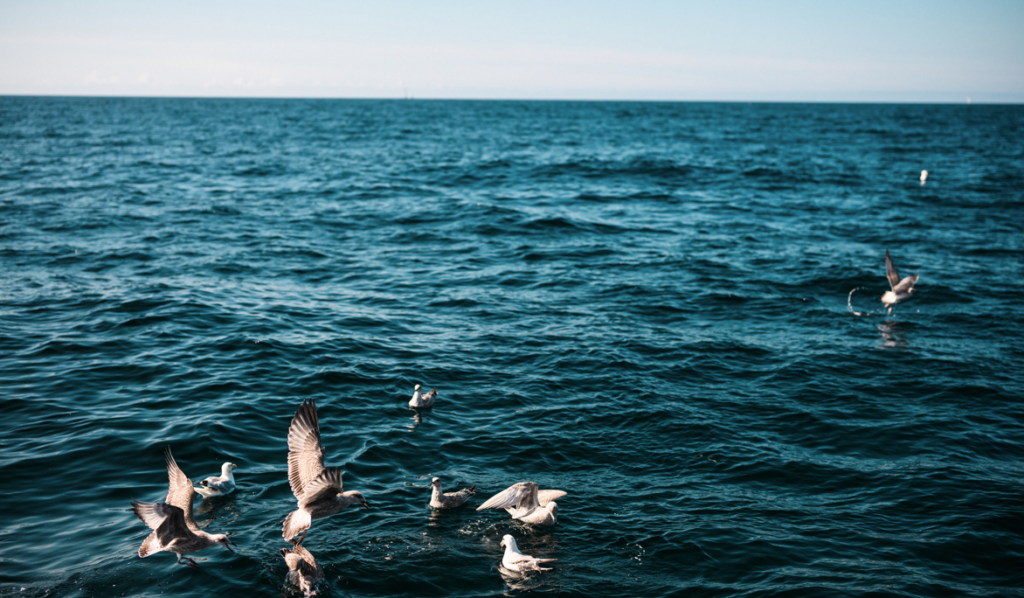Every year, around 70,000 turtles and 200,000 seabirds die as a result of being caught as bycatch in EU fishing fleets.

Bycatch is when other marine species are unintentionally trapped by commercial fishing gear. This can account for up to 40% of total fishing catches, globally reaching as much as 38 million tonnes discarded per year.
This volume of bycatch disrupts the oceanic food chain and can pose a threat to the survival of species already under pressure from various other human activities.
A new EU Horizon funded project made up of thirteen partners from the UK, Spain, Portugal, France and Senegal aims to promote more sustainable fisheries management and reduce the bycatch of some of the most threatened marine wildlife.
REDUCE (Reducing bycatch of threatened megafauna in the East Central Atlantic) has a budget of almost 9 million euros funded by the EU Horizon Europe program, which will be carried out from January 2024 to December 2027.
The project is co-led by Professor Jacob González-Solís and Lecturer Manel Gazo, from the Faculty of Biology and the Biodiversity Research Institute (IRBio) of the University of Barcelona.
Professor González-Solís said:
“REDUCE aims to gather the efforts of all sectors involved in this issue and to apply the most innovative interdisciplinary scientific approaches to reduce marine megafauna bycatch. In these marine regions, the search to understand megafauna bycatch rates, the causes, their impact and ways to mitigate them has been underdeveloped compared to other areas where the EU fishing fleet operates.”
The REDUCE project will focus specifically on developing and testing new technologies and management strategies for better assessing, monitoring and reducing the bycatch of birds, turtles, cetaceans, sharks and rays in the European long-distance fishing fleet of trawlers, purse-seiners and longliners, operating in Atlantic Ocean waters from the coasts of the Iberian Peninsula to Macaronesia (archipelagos of Azores, Madeira, Canary Islands and Cabo Verde) and the Gulf of Guinea.
Professor David Sims and his research team at the Marine Biological Association (MBA) are contributing to the pelagic shark work package.
Professor Sims said: “Discards of threatened sharks by fishing fleets are greatly under-reported and survival rates are unclear for many species – REDUCE will enable the team to deploy newly developed electronic tags to record precisely how fishery capture followed by ‘live release’ can still lead to mortalities affecting shark populations.”